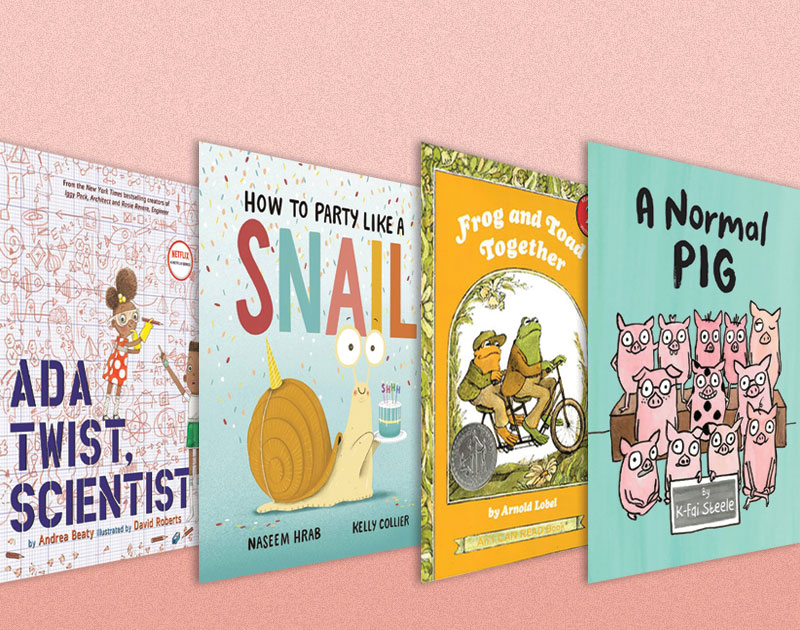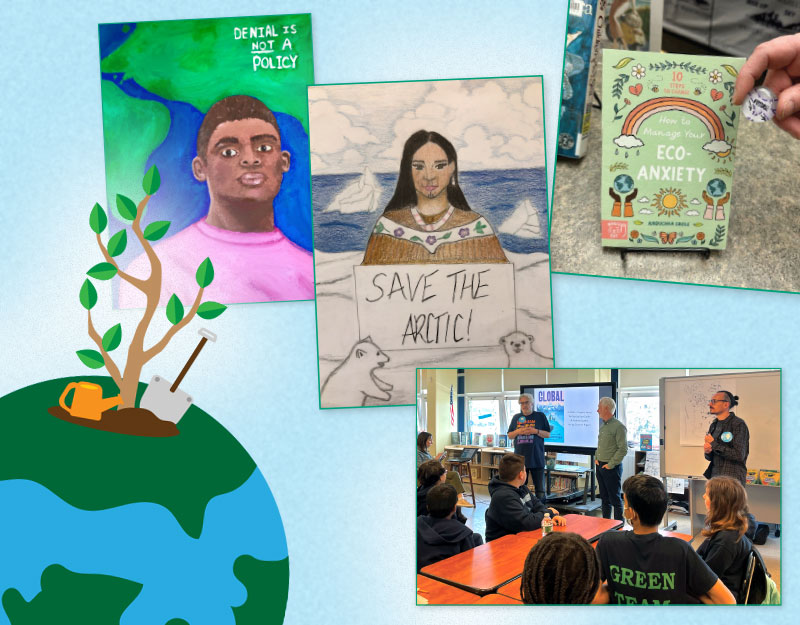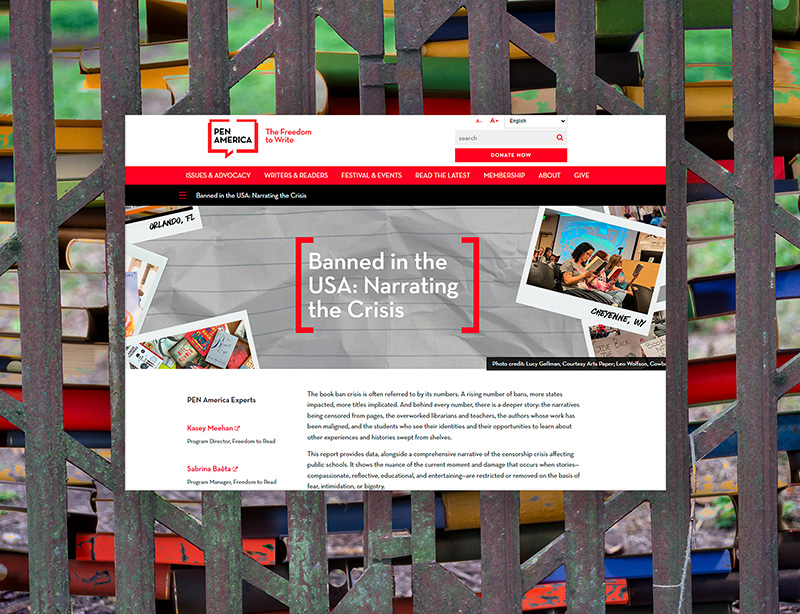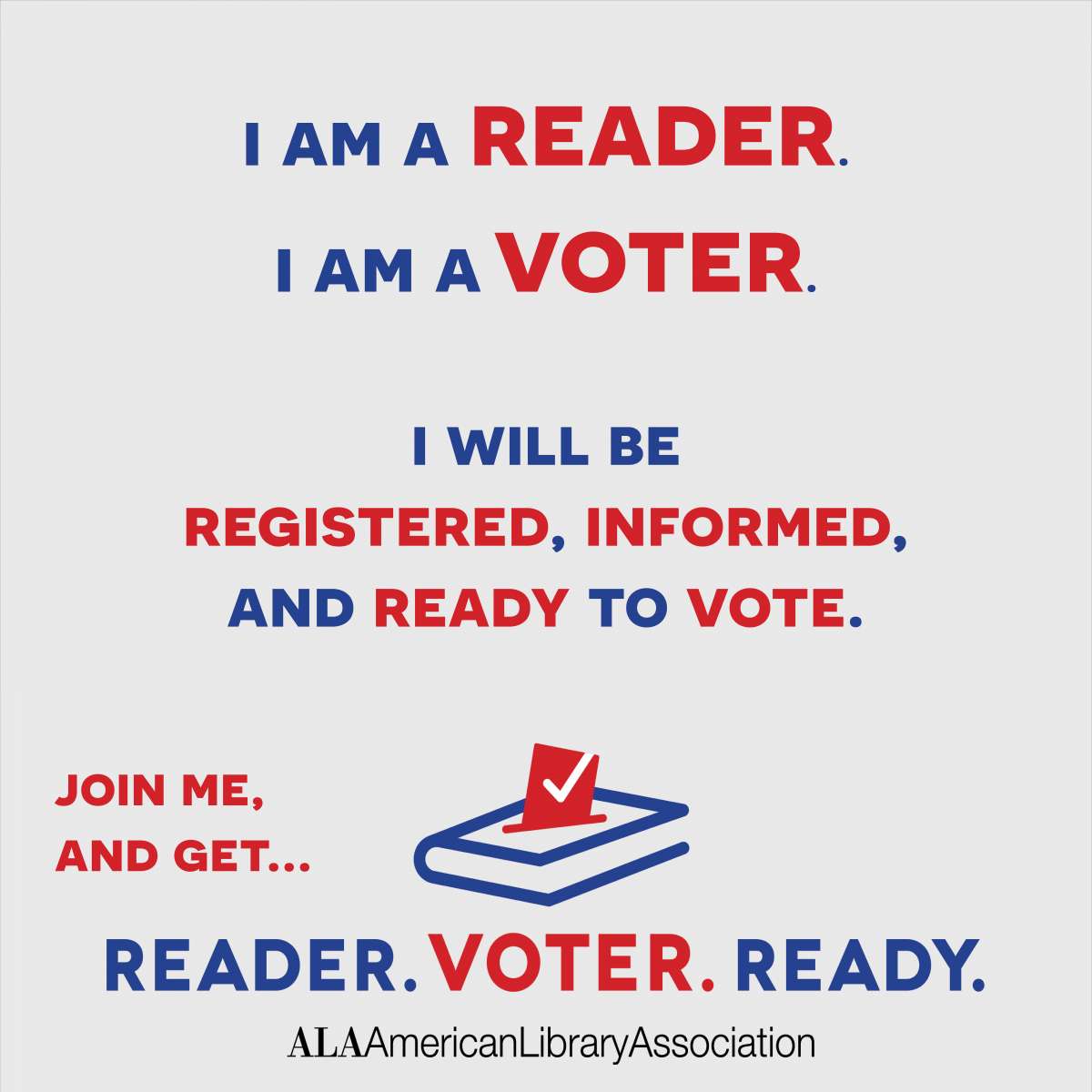Sydney Taylor Blog Tour: Talking With Andrew Maraniss About Games of Deception

If you tuned in to the ALA Youth Media Awards this year you probably noticed that there were a LOT of different prizes on display. New ones, old ones, famous ones, and obscure. One, the Sydney Taylor Book Award, dates back to 1968 and is given out each year “to outstanding books for children and teens that authentically portray the Jewish experience.” Yet unlike the award awards out there, the Sydney Taylor committee created a new feature of this award, one that they use to alert the world to the winners. Each year, the winners of the Sydney Taylor are “sent”, as it were, on blog tours. Each book is paired with a different site, and it’s quite the showing. You can see the full schedule here at any time.

Today, I am pleased beyond measure to be speaking with Andrew Maraniss, winner of the Sydney Taylor Honor for Middle Grade, for his book Games of Deception: The True Story of the First US Olympic Basketball Team at the 1936 Olympics in Hitler’s Germany. Kirkus called it, “An insightful, gripping account of basketball and bias.” Fellow author Susan Campbell Bartoletti said it was, “a fascinating, fast-paced, well-reasoned, and well-written account of the hidden-in-plain-sight horrors and atrocities that underpinned sports, politics, and propaganda in the United States and Germany.” And Steve Sheinkin, our newly minted Edwards Award winner, said, “Maraniss does a great job of blending basketball action with the horror of Hitler’s Berlin to bring this fascinating, frightening, you-can’t-make-this-stuff-up moment in history to life.”
ADVERTISEMENT
ADVERTISEMENT
Andrew, welcome to the blog!
Betsy Bird: Hi, Andrew. Thanks so much for speaking with me today. My first question for you, I guess, is a pretty basic one. First off, how many people know that the debut of basketball happened in Nazi Germany’s 1936 Berlin Olympics? Not many, I’d wager. So what drew you to this particular story and project?
Andrew Maraniss: In my experience researching this book and speaking about it at schools, libraries and bookstores, it doesn’t seem that many people are aware that basketball’s Olympic debut took place in Nazi Germany in 1936.

I didn’t know it myself until I visited the University of Kansas a few years ago to speak about my previous book, STRONG INSIDE. While I was in Lawrence, I took a tour of Allen Fieldhouse, home of the Kansas Jayhawks. They have James Naismith’s original rules of basketball there, along with a photo of Naismith standing with some Japanese basketball players from the 1930s. The person showing me around asked if I knew that Naismith, the inventor of basketball, was able to see his sport make its Olympic debut. I had no idea. When I asked which Olympics that was, and he responded that it was the ’36 Games in Berlin, I knew I had the subject for my next book. I saw it as an opportunity to tell a fairly unknown story about the origins of such an extremely popular sport within the context of an important moment in history. My goal with my books is to write sports-related narrative non-fiction with a social message, and this topic certainly fit the bill.
BB: And how did you go about deciding what to include and what to cut out? Your book covers this story to the war’s end, but there must have been pages and pages of information you left on the cutting room floor. Was there anything you were particularly sad to cut out?

AM: As your question implies, research is an essential part of writing narrative non-fiction. With my first book, STRONG INSIDE, I spent four years doing research and interviews before I wrote a single word. With GAMES OF DECEPTION, I had a much shorter window, just a year, to research and write the book. I visited numerous archives all over the U.S. and Canada and interviewed descendants of the 1936 Olympic basketball team. With every book, I do end up with a lot more material than I’m able to use. That’s what makes organizing my notes so important — and creating a good outline. I’m happy to say that my editors at Philomel are wonderful, and I didn’t have to make any painful cuts to the book. Yes, the book does briefly deal with the aftermath of World War II, but the story is more tightly focused on the years before the war, which I think is a less examined but equally important period for young people to learn about. As I write in the book, the road to the Holocaust was paved with bullying, lies, propaganda and a cynically calculated encouragement of intolerance.
BB: Your book was published in 2019. In 2020 we’re seeing another YA book that looks at the history of basketball in Gene Luen Yang’s DRAGON HOOPS. The books cover some slightly similar ground in terms of the history of basketball, but for the most part they have very different focuses. Traditionally, I’ve always thought baseball was the best sport to read about. Basketball may yet change my mind. What is it about the sport that you find lends itself to a written narrative?

AM: There’s an old saying that the smaller the ball, the better the sports book, referring to the fact that many people consider books about golf and baseball to be better than books about football and basketball. I disagree, because I think the sport itself is irrelevant. It’s the human-interest stories and the window to social issues that matter most, regardless of which sport takes you there. But on the other hand, there is something unique about basketball. From the very beginning, when a Canadian immigrant invented the sport in America at an international training school with students from all over the world, basketball has been a global game. It’s considered both a city game, with kids playing on a New York playground blacktop, and a country game, with hoops nailed to the sides of barns in Kentucky and Indiana. In the U.S., it has been a popular sport with immigrants, women and African-Americans, lending an inescapable political backdrop. The games themselves are fast-paced, acrobatic and dramatic. I love baseball, it’s probably my favorite sport, but there is a tendency for it to be over-romanticized in some literature. I don’t think that has happened so much with basketball.
ADVERTISEMENT
ADVERTISEMENT
BB: One aspect to the story that I find particularly interesting is how Hitler chose to portray Berlin as this kind of idyllic city while the Olympics were going on. Since that wouldn’t be last time that ever happened, what did he do in particular?

AM: Germany had been awarded the Olympics in 1932, before Hitler took control of the country. Initially he was opposed to the idea of the Games taking place in Nazi Germany, but he was quickly convinced that hosting the Olympics would be an invaluable propaganda opportunity – both to fool the world into believing everything was just fine in Nazi Germany, but also to show his own people that his regime had the support of the world. For the period of the Olympics, all public signs of antisemitism were removed, jazz returned to Berlin night clubs, streets were cleaned, and empty storefronts were filled with temporary tenants. At the Olympic Village, helpful staff members at the information desk were actually Nazi spies intercepting the athletes’ mail. It was all a façade, a type of movie set meant to distract from the terrible things already happening behind the scenes. Most international visitors fell for it – they came away with positive memories of their time in Berlin and the hospitality they received. A few of the American athletes were taken aback by the militarism they encountered, but even the one Jewish member of the American basketball team recalled the ’36 Olympics as the highlight of his life, until his dying day decades later.
BB: Well, that’s not chilling at all. Brr. Just one final question for you: What are you working on next?
AM: I’m writing a Young Adult biography of Glenn Burke, the first openly gay Major League baseball player. SINGLED OUT will come out in Spring 2021. I’m really excited about this book and the chance to tell another relatively unknown story at the intersection of sports, history and social justice.
I’d like to thank Andrew, the Association of Jewish Libraries, and the Sydney Taylor Book Award committee for conjuring up and organizing this brilliant blog tour in the first place. Again, if you’d like to see the full blog tour schedule yourself, simply visit https://jewishlibraries.org/blog/id/436.
Filed under: Interviews
About Betsy Bird
Betsy Bird is currently the Collection Development Manager of the Evanston Public Library system and a former Materials Specialist for New York Public Library. She has served on Newbery, written for Horn Book, and has done other lovely little things that she'd love to tell you about but that she's sure you'd find more interesting to hear of in person. Her opinions are her own and do not reflect those of EPL, SLJ, or any of the other acronyms you might be able to name. Follow her on Twitter: @fuseeight.
ADVERTISEMENT
ADVERTISEMENT
SLJ Blog Network
Name That LEGO Book Cover! (#53)
K is in Trouble | Review
Fighting Public School Book Bans with the Civil Rights Act
ADVERTISEMENT








I loved learning about the rules and style of play in early basketball.
A jump ball after every made basket!
The gold medal game being played outdoors in what amounted to a mud pit!
Thanks for reading GAMES OF DECEPTION, Eric!
Sounds like a fascinating book! Good interview, too.
Thank you, Heidi. Hope you enjoy it!